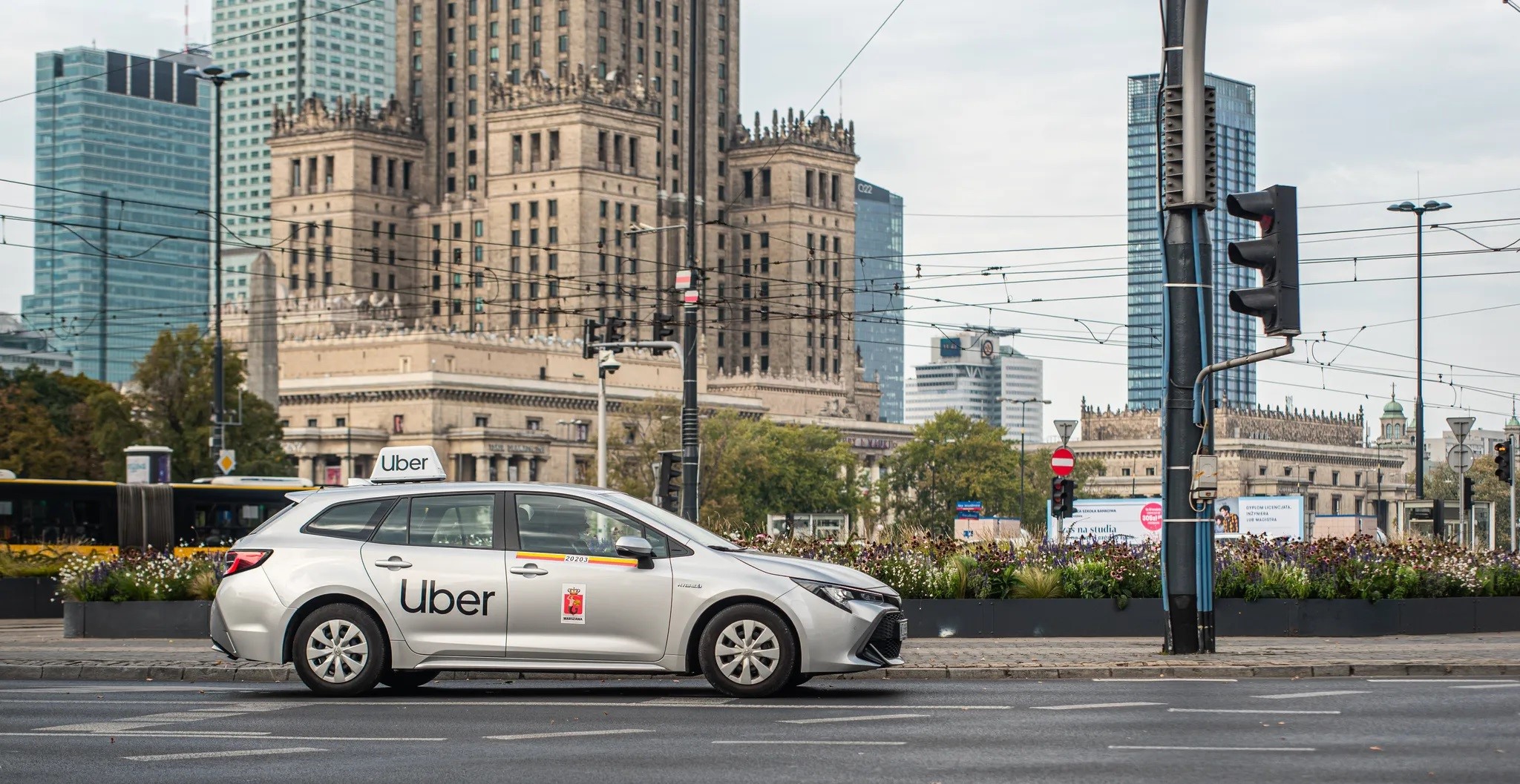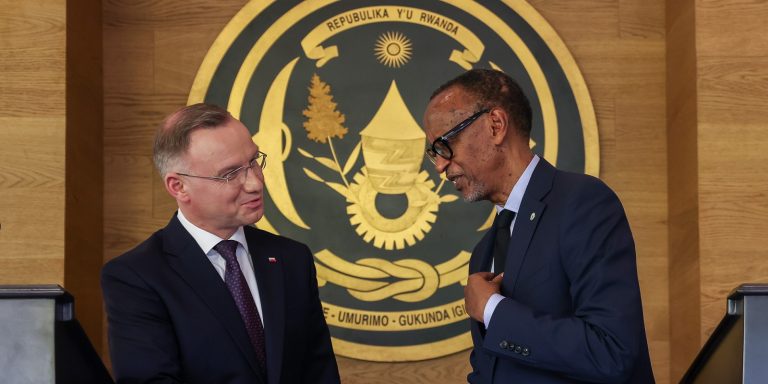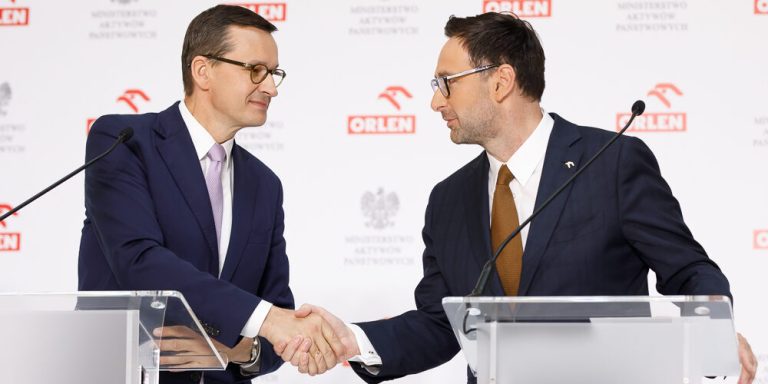Poland to require ridesharing drivers to have Polish driver’s licence

From June, drivers working for ridesharing firms like Uber or Bolt in Poland will be required by law to have a Polish driver’s licence. The move is intended to increase safety for customers. But Uber warns that it will lead to longer waiting times and higher prices.
The new regulations, which were approved last year under the previous government, will go into force on 17 June. They will amend the law on road transport to not only require such drivers to have a Polish licence but also to only allow foreigners to apply for such a licence once they have resided in Poland for 185 days.
“The aim is to increase the safety of transported people, as well as to prevent the provision of transport services by drivers who do not meet the requirements necessary to perform commercial passenger transport in passenger cars and taxis,” the infrastructure ministry told broadcaster TVN last month.
The ministry has already seen a tenfold increase in the number of applications for exchanging foreign licences for domestic ones.
Kierowcy Ubera tylko z polskimi uprawnieniami. Ceny przejazdów mogą znacznie wzrosnąć https://t.co/tzr4fwY15E
— gazetaprawna.pl (@gazetaprawnapl) April 9, 2024
There have been some calls for an extension of the introduction of the new requirement to give drivers more time to adjust, writes the Rzeczpospolita daily. But Uber, which is Poland’s leading ridesharing firm, has criticised the new measures in their entirety.
“The changes could cripple the market by both significantly reducing the availability of rides and significantly increasing their cost,” Marcin Moczyróg, Uber’s director for Central and Eastern Europe, told TVN.
“We estimate that we are facing an exodus of 15 to 30% of drivers,” Michał Konowrocki, the firm’s managing director of passengers for Central-Eastern Europe, told Dziennik Gazeta Prawna.
The newspaper reports that TOR, an advisory firm specialising in transport, predicts that the number of ridesharing drivers could decrease by 10% across Poland and 30% in Warsaw as a result of the new measures. As a result, fares could rise by up to 50%.
Ride-hailing firms such as Uber must comply with stricter regulations, including hiring only specially licenced drivers, under a new law that goes into force in Poland today.
The move follows complaints from taxi drivers and is likely to push up prices https://t.co/ol0sAwwEuW
— Notes from Poland 🇵🇱 (@notesfrompoland) October 1, 2020
According to a survey conducted by FreeNow, another ridesharing company, among drivers of foreign origin, as many as 50% took the job right after arriving in Poland. More than 30% moved because of war or the political situation in their country of origin.
Poland has seen levels of immigration in recent years that are unprecedented in its history but also among the highest in the European Union. For the last six years running, the country has issued more first residence permits to immigrants from outside the EU than any other member state.
The majority of such arrivals – around two thirds – have been from Ukraine, with large numbers also coming from Belarus, Georgia, India and Moldova.
The number of foreigners in Poland’s social insurance system rose 6% in 2023 to reach 1.13 million. Immigrants now make up almost 7% of all those in the system
The largest increases were recorded by Belarusians, Ukrainians, Indians, Colombians and Nepalis https://t.co/eA1QVo0ydH
— Notes from Poland 🇵🇱 (@notesfrompoland) January 27, 2024
Notes from Poland is run by a small editorial team and published by an independent, non-profit foundation that is funded through donations from our readers. We cannot do what we do without your support.
Main image credit: Uber (press materials)

Agata Pyka is an assistant editor at Notes from Poland. She is a journalist and a political communication student at the University of Amsterdam. She specialises in Polish and European politics as well as investigative journalism and has previously written for Euractiv and The European Correspondent.






